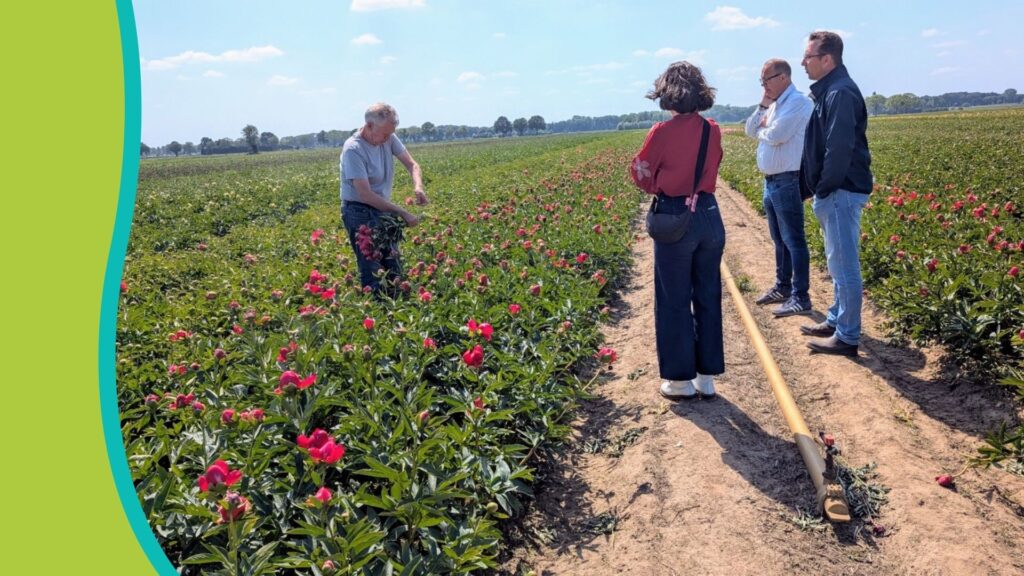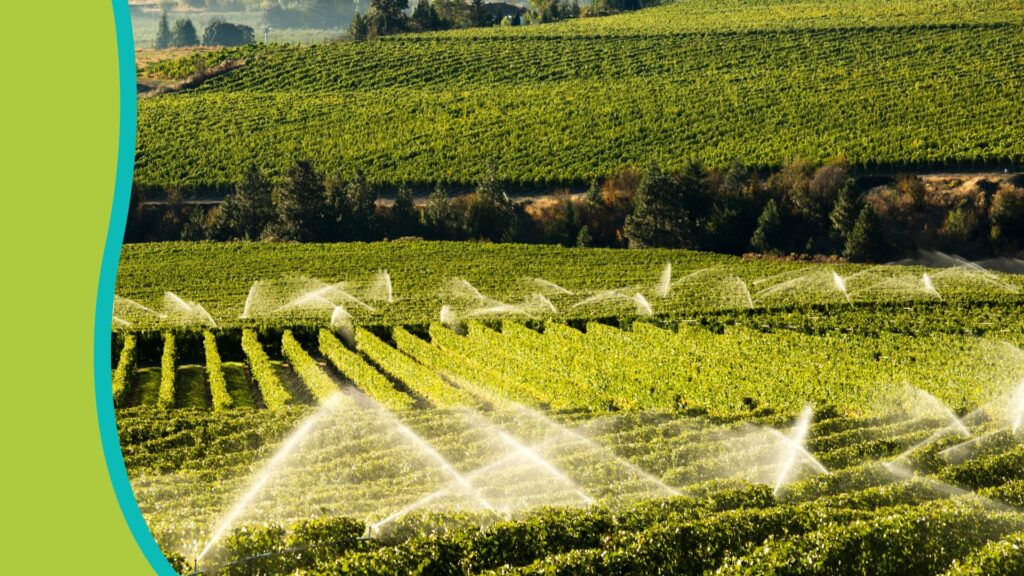In today’s evolving agricultural landscape, the emergence of new pests and diseases, combined with the diminishing efficacy of existing crop protection products, highlights the urgent need for innovative and sustainable solutions. The AdvisoryNetPEST project aims to address this challenge by identifying, analysing, and promoting promising novel approaches (NAs) for scalable and effective crop protection. Before introducing new agricultural methods, it is essential to assess whether they truly offer an improvement.
To ensure that selected NAs are not only effective but also practical and sustainable, a systemic feasibility analysis will be conducted. This comprehensive evaluation will provide farmers and stakeholders with reliable insights into which methods work best and how easily they can be adopted.
The systemic feasibility analysis focuses on four key dimensions: technical, environmental, social, and economic feasibility:
- The technical assessment examines the method’s effectiveness in controlling pests and diseases, its potential to reduce pesticide use, and the quality of current research results.
- Environmental feasibility is assessed through a customised approach that considers core indicators, as well as specific ones for a more detailed analysis, including impacts on biodiversity, water and air quality, and soil health.
- Social feasibility takes into account knowledge and labour requirements, as well as potential health risks.
- Economic feasibility is evaluated based on investment requirements, impacts on variable costs, effects on crop quality, and potential yield changes. To ensure a tailored and sector-relevant evaluation, indicators for each category will be developed in collaboration with industry specialists, allowing for a customised feasibility assessment while ensuring clarity in reporting.
The analysis will be based on a structured, two-stage data collection process.
- In the initial phase, fundamental information is gathered on the social, environmental, and economic impact of each NA, alongside technical details necessary for preliminary selection.
- In the second phase, additional data is collected for a more in-depth assessment, adapted to study the feasibility of each NA specifically.
Additionally, information on a well-established approach will be gathered to contextualise the results of the feasibility analysis and clarify the advantages and disadvantages of the NA. After these two rounds of data collection, NAs will be scored based on their impact in each category.
A relative rating system will be applied, where each NA is assessed in comparison to the status quo—the current crop protection situation in which the NA has not yet been implemented. The results will be expressed using a scoring system or percentages to ensure clear interpretation.
The findings of the feasibility analysis will be synthesised into improved case studies, which will serve as key resources for knowledge exchange. These case studies will feed into cross-visits, enabling broad knowledge-sharing within and between networks and providing critical feedback for further refinement of the NAs.
By systematically evaluating and disseminating innovative crop protection methods, AdvisoryNetPEST contributes to a more resilient and sustainable agricultural future.


